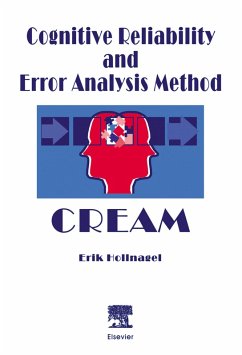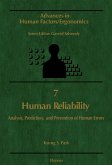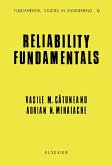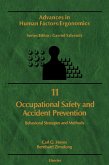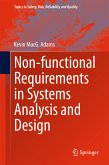The growing dependence of working environments on complex technology has created many challenges and lead to a large number of accidents. Although the quality of organization and management within the work environment plays an important role in these accidents, the significance of individual human action (as a direct cause and as a mitigating factor) is undeniable. This has created a need for new, integrated approaches to accident analysis and risk assessment.
This book detailing the use of CREAM is, therefore, both timely and useful.
It presents an error taxonomy which integrates individual, technological and organizational factors based on cognitive engineering principles. In addition to the necessary theoretical foundation, it provides a step-by-step description of how the taxonomy can be applied to analyse as well as predict performance using a context-dependent cognitive model.
CREAM can be used as a second-generation human reliability analysis (HRA) approach in probabilistic safety assessment (PSA), as a stand-alone method for accident analysis and as part of a larger design method for interactive systems. In particular, the use of CREAM will enable system designers and risk analysts to:
. identify tasks that require human cognition and therefore depend on cognitive reliability
. determine the conditions where cognitive reliability and ensuing risk may be reduced
. provide an appraisal of the consequences of human performance on system safety which can be used in PSA.
This book detailing the use of CREAM is, therefore, both timely and useful.
It presents an error taxonomy which integrates individual, technological and organizational factors based on cognitive engineering principles. In addition to the necessary theoretical foundation, it provides a step-by-step description of how the taxonomy can be applied to analyse as well as predict performance using a context-dependent cognitive model.
CREAM can be used as a second-generation human reliability analysis (HRA) approach in probabilistic safety assessment (PSA), as a stand-alone method for accident analysis and as part of a larger design method for interactive systems. In particular, the use of CREAM will enable system designers and risk analysts to:
. identify tasks that require human cognition and therefore depend on cognitive reliability
. determine the conditions where cognitive reliability and ensuing risk may be reduced
. provide an appraisal of the consequences of human performance on system safety which can be used in PSA.
Dieser Download kann aus rechtlichen Gründen nur mit Rechnungsadresse in A, B, BG, CY, CZ, D, DK, EW, E, FIN, F, GR, HR, H, IRL, I, LT, L, LR, M, NL, PL, P, R, S, SLO, SK ausgeliefert werden.

